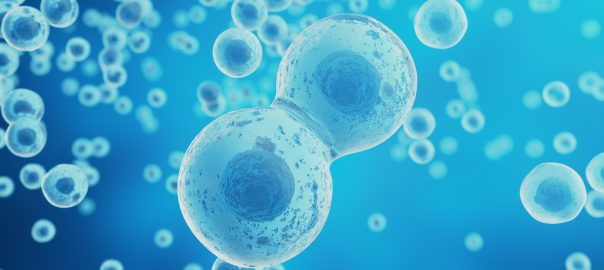The possibilities for synthetic biology are numerous. It could play a key role in resolving global environmental challenges that policy makers and regulators are struggling with. It could make industry less polluting, more sustainable and likely more profitable. This is especially true for companies with large ecological footprints who are working to decarbonise. The chemical industry could also change drastically as new forms of life could be designed to produce chemicals that otherwise would have to come from unsustainable sources like petrol.
Plastic pollution could likely become a thing of the past if replaced with bio-based instead of oil based polymers. Cheap, clean ‘next generation’ biofuels are also a major prospect that would help countries succeed in phasing out petrol based fuels altogether. Politically speaking this will take time as oil is likely not to be replaced overnight by sustainable alternatives, but synthetic biology is without a doubt a major player in energy and decarbonisation for multiple reasons.
Imagine for a moment:
- large‐scale bioremediation strategies to capture CO2
- improving the capacity of marine microorganisms to degrade plastics in the environment
- cheaper more efficient industrial systems of production that result in energy savings, less toxic waste and less chemicals
